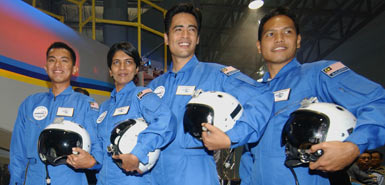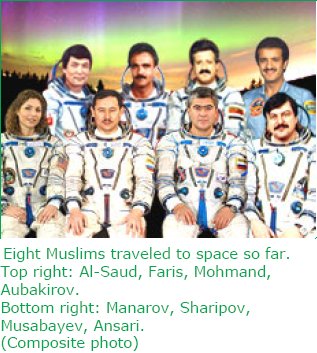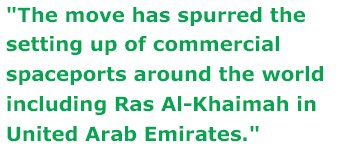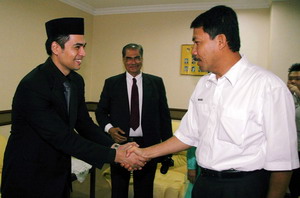Topic: - Other Reports
The National Centre for Space Studies (CNES) recently reported that Corot, a European planet-hunter space probe, has found its first planet. Corot-Exo-1b, measuring between 125,000 and 155,000 miles in diameter, is located almost 1,500 light years away. The planet has a mass almost 1.3 times more than Jupiter.
The planet's size and proximity to its star, which it is able to orbit in a day and a half, makes it a "hot Jupiter," according to the CNES. The extremely high temperature on the planet means that it is unlikely any traces of life will be found on it.
Corot was launched Dec. 27, 2006. Experts working with Corot believe that it will be able to spot small rocky planets that are the same size as Earth.
With talk about possible manned missions to Mars heating up even more, space travel critics want NASA to create contingency plans for possible issues that could arise during the a long trip. One of the main topics people want answered is if there is a death during the trip into space. "We're trying to develop the ethical framework to equip commanders and mission managers to make some of those difficult decisions, should they arrive in the future," said Dr. Richard Williams, NASA's chief health and medical officer.
Other issues include how to get rid of a body of a dead astronaut, when should the "plug be pulled" on an ill astronaut, and DNA testing to see if an astronaut is genetically more likely to get a disease on a long flight.
The country of Malaysia is ready to arrange rules for the nation's first astronaut when he is in space - most of the guidelines involve flexibility in praying and eating space meals to abide by Islamic rules. Two Malaysian astronauts --Faiz Khaleed and Sheikh Muszaphar Shukor - are training in Moscow, with one of the astronauts to be chosen soon. One of the astronauts will be launching towards the International Space Station in October, launching on a Russian scientific mission.
Malaysia previously held a forum with Islamic experts and scholars to discuss issues that Muslims in space face.
Source: Dailytech.com












